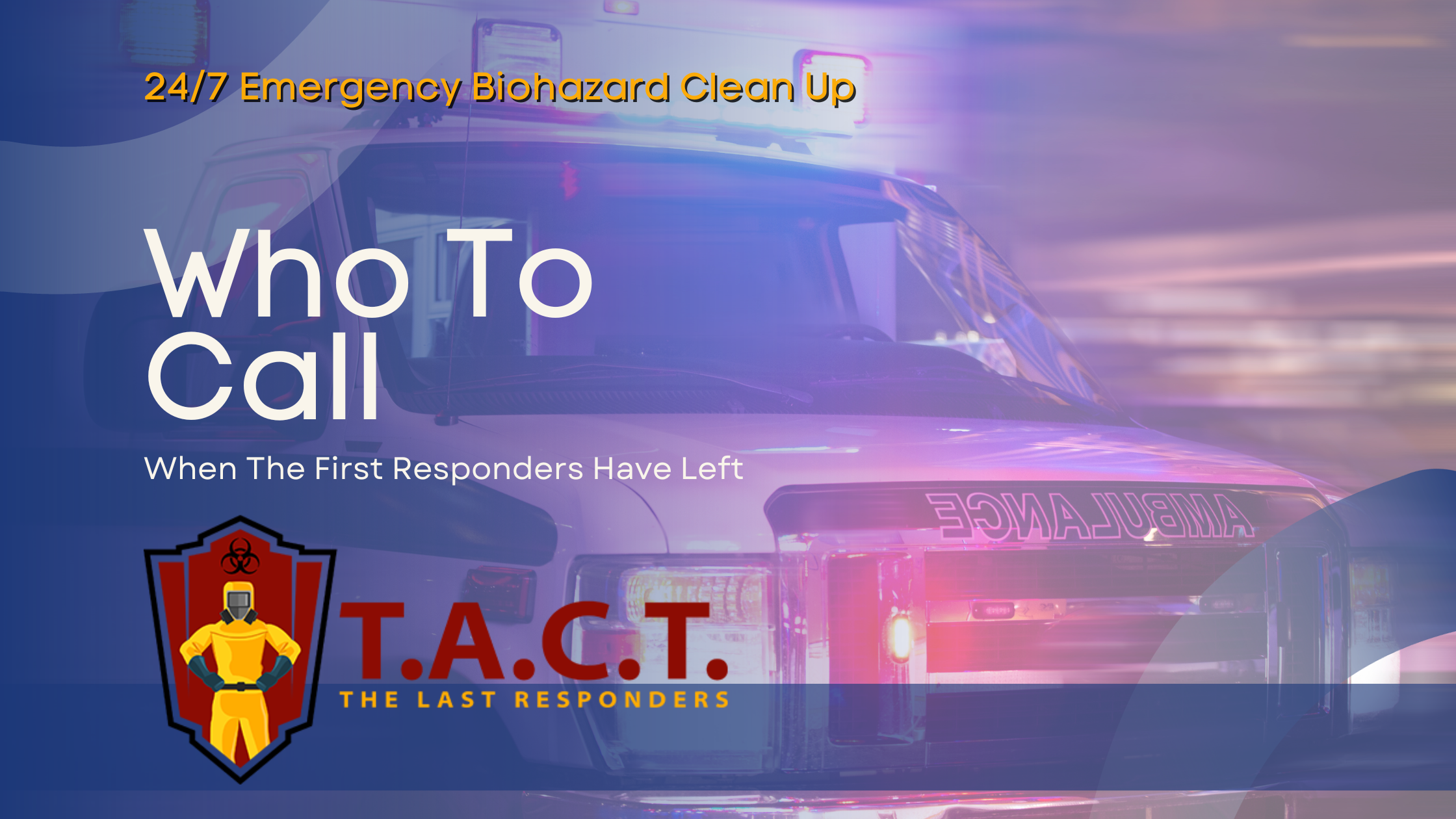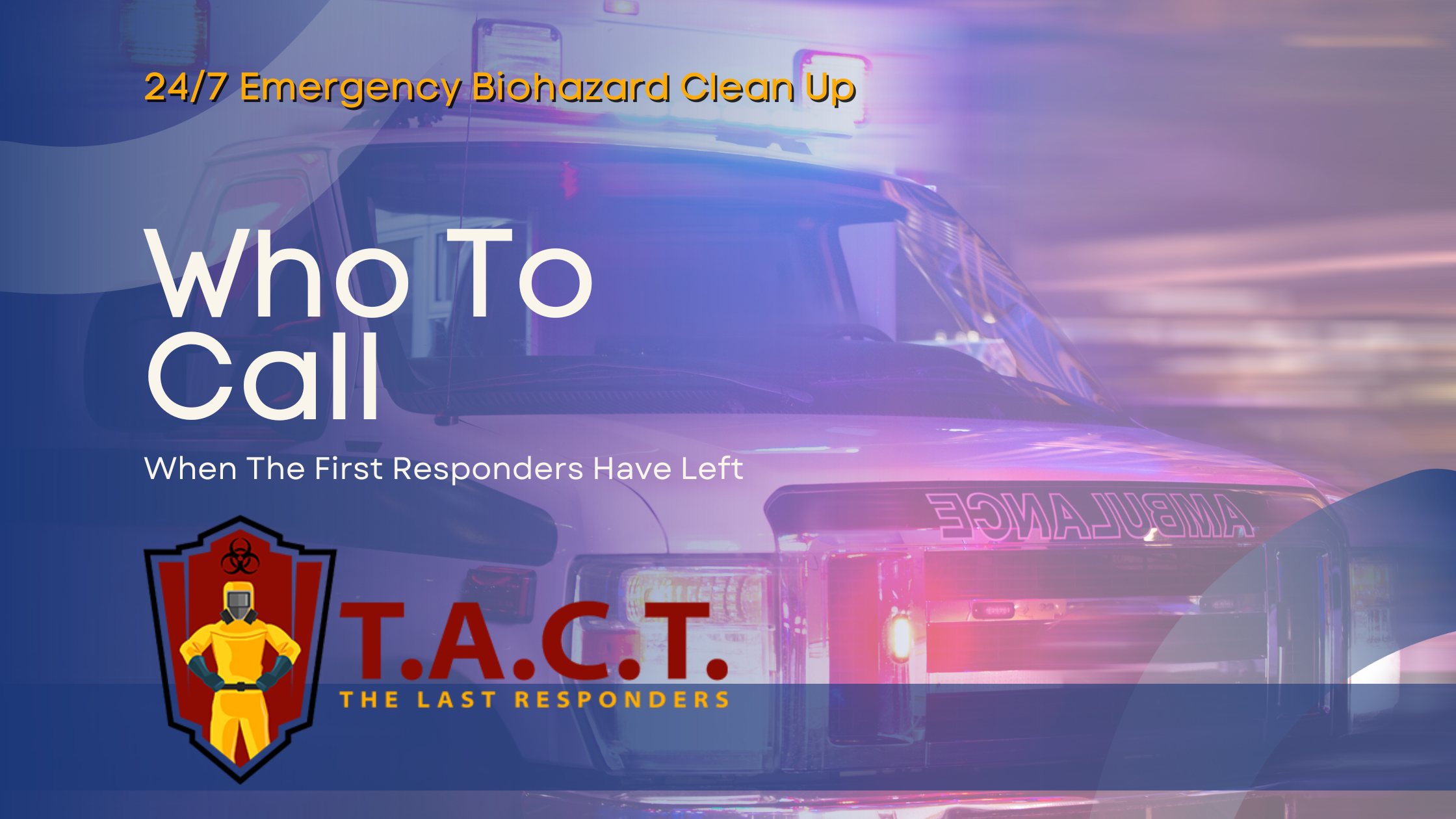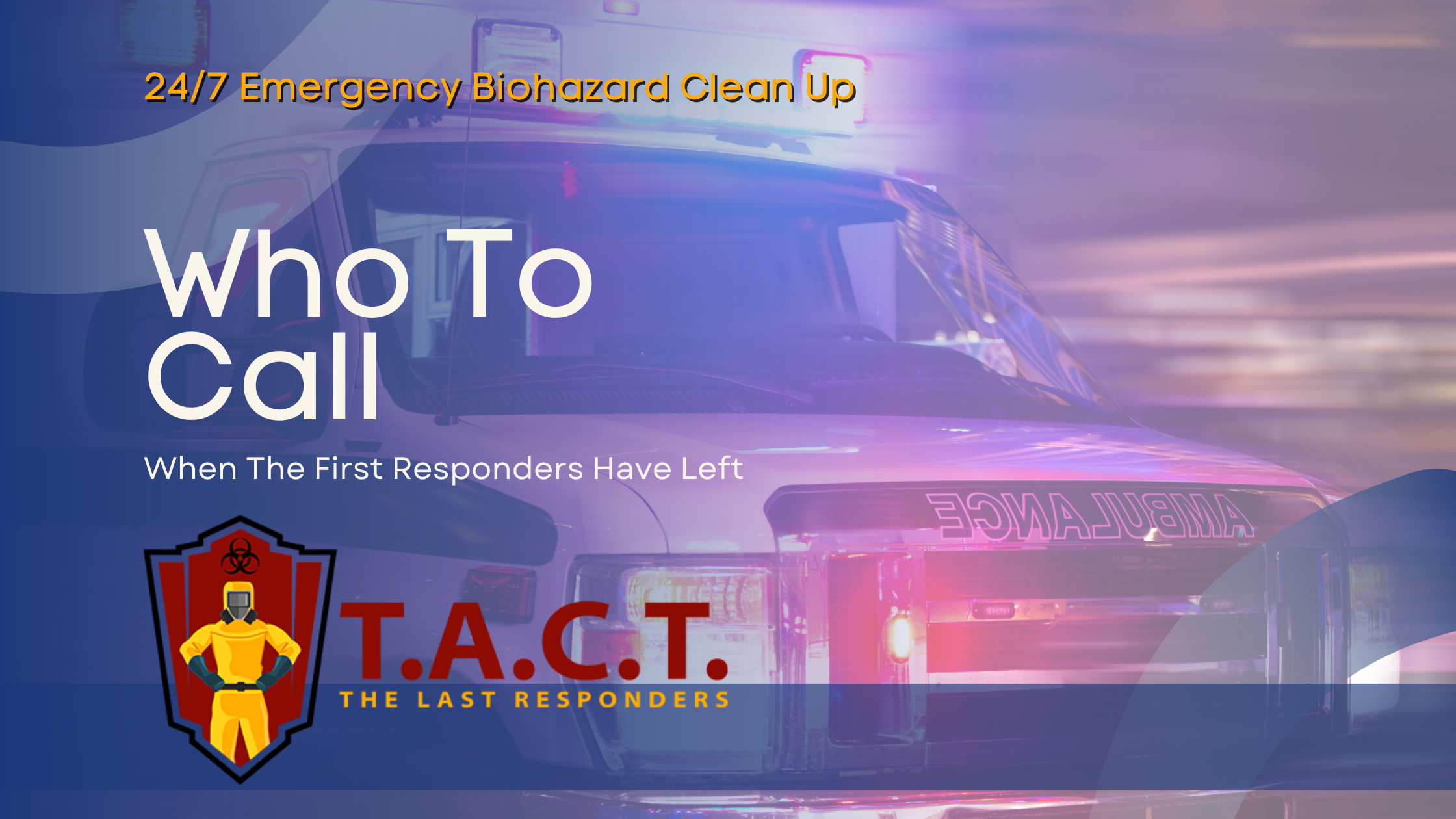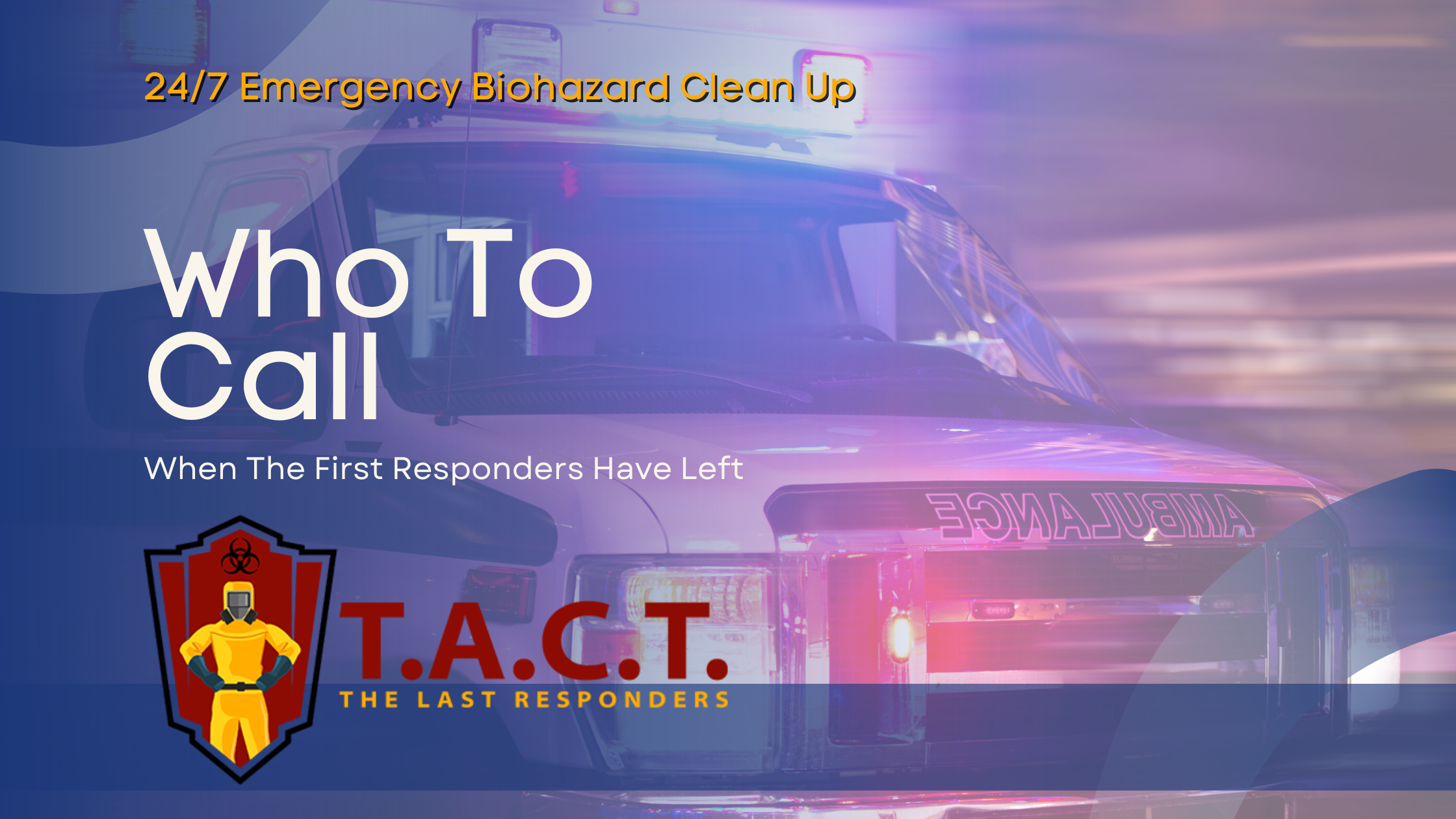What to do if someone poop on your property

What to Do If Someone Poops on Your Property: Essential Steps to Take
Understanding the Issue
Recognize that dog poop or human feces on your property can be a serious issue, affecting your health and well-being - it’s essential to address the problem promptly to prevent further damages caused by the poop. Finding the answer to whether you can take legal action depends on your specific situation and local laws.
Identify the source of the problem, whether it’s a neighbor’s dog pooping in your backyard or another individual, to determine the best course of action and possible solutions.
Familiarize yourself with local pet waste laws and regulations to understand your rights and responsibilities as a property owner, including the laws on trespassing and leash control. This section provides answers to common legal questions about nuisances caused by dogs or people pooping on your property.
Consider the potential health risks associated with dog waste, including the spread of diseases and parasites, which can be a significant concern for you and your family.
Preventing Future Incidents
Install motion-activated sprinklers or other deterrents to repel dogs and other animals from your property, and consider installing security cameras to catch dogs in the act of pooping on your lawn. This evidence can help address issues with neighbor's dogs and emphasize the importance of prevention.
Use physical barriers, such as fences, to prevent dogs from entering your yard and to protect both your front yard and backyard from unwanted visitors and dogs poop left by neighbor's dogs.
Post warning signs or notices to alert dog owners and other individuals to respect your private property and to prevent them from allowing their dogs to poop on your yard.
Failing to prevent these incidents can result in an unsightly and unhygienic mess.
Consider using dog repellents or other humane methods to deter dogs from pooping on your property, which can be a cost-effective solution for many homeowners. These methods can help stop neighbor's dogs from entering your yard and pooping there.
Dealing with Neighbor’s Dog
If the problem persists and it is the neighbor's dog or neighbor's dogs causing the issue, try talking to your neighbor about the situation and ask them to take responsibility for their dog’s actions. If the neighbor's dog poops in your yard repeatedly, make it clear that this is a recurring problem and discuss possible solutions.
You can also knock on your neighbor's door to offer plastic bags or other supplies to help them clean up after their dog, which can be a friendly gesture and open the door for a constructive conversation.
If the problem continues, consider contacting local animal control or authorities to report issues with neighbor's dogs and to seek their assistance in resolving the matter, which can be an effective way to deal with the problem.
Keep a record of incidents, including dates, times, and photos, to document the problem and to provide evidence if needed, which can be useful in case you need to take further action.
As a preventive measure, always supervise your dog during a walk and be prepared with doggy bags to ensure you do not create similar issues for your neighbors.
Health Risks
Dog poop in your yard isn’t just an eyesore—it can also pose serious health risks to you, your family, and even your pets. Dog waste, sometimes called dog feces or dog shit, is known to carry harmful bacteria, viruses, and parasites that can be transmitted to humans through direct contact or contaminated soil. These pathogens can cause a range of health issues, from stomach illnesses to more severe infections, especially in children who play on the lawn or anyone gardening in the yard.
Local pet waste laws require dog owners to clean up after their pets, not only to keep neighborhoods clean but also to protect public health. When dog owners neglect this responsibility and allow their dogs to poop in neighbor’s yards, they put others at risk. Dog waste can also attract other animals, such as rodents and flies, which can further spread disease and create additional problems around your property.
To minimize these health risks, always use disposable gloves and a plastic bag when dealing with dog poop on your property. Promptly removing and properly disposing of dog waste helps prevent the spread of disease and keeps your yard safe for your family and pets. After handling any dog droppings, be sure to wash your hands thoroughly with soap and water. Staying vigilant about dog waste cleanup is an essential part of maintaining a healthy environment for everyone involved.
Removing Dog Poop Contaminants
Wear disposable gloves and use a plastic bag to pick up dog feces or other contaminants after a dog has done its business on your property. This is often an unpleasant task, but prompt cleanup is necessary to prevent damage to your grass and to avoid further issues.
Dispose of the waste properly, following local regulations and guidelines, to ensure that the waste is handled and disposed of in a safe and responsible manner. Cleaning up dog feces quickly is important to protect your grass from stains and damage.
Use a disinfectant or other cleaning solution to sanitize the area and prevent the spread of diseases, which can be an essential step in maintaining a clean and healthy environment. If the area is not properly sanitized, lingering smell can become a problem and may attract more dogs.
Consider hiring a professional service to clean and disinfect your property if the problem is severe or ongoing, which can be a good option if you’re not sure how to handle the situation. Failing to clean up can lead to further issues, such as stains or damage to your lawn.
Seeking Help
Contact local authorities, such as animal control or law enforcement, if you need assistance in resolving the issue or if you feel threatened or harassed. If the situation escalates or involves criminal behavior, contacting the police is important. Identifying the responsible person can help authorities address the problem effectively.
Reach out to your homeowner’s association or local community group for support and guidance on how to address the problem, which can be a good resource for finding solutions and getting help. City ordinances may also provide additional guidance or support regarding dog control and property issues.
Consider seeking legal advice if the problem persists and you need to take further action to protect your property and rights. If the dispute cannot be resolved, there may be a possibility of a legal hearing to address the matter and determine responsibility.
Look into local resources, such as pet waste removal services, to help maintain a clean and healthy environment, which can be a convenient and cost-effective solution for many homeowners.
Community Involvement
Talk to your neighbors and other community members about the issue and ask for their support and cooperation, emphasizing the importance of respecting each neighbor's yard to maintain good relations. Remember, resolving these issues is a two-way street and open communication helps build a sense of community and find solutions together.
Consider organizing a community clean-up event or other initiative to raise awareness about the issue and promote a clean and healthy environment. These events can help address the problem of stepping in dog waste while walking in the neighborhood, making it a more pleasant experience for everyone.
Work with local authorities and animal control to develop a plan to address the issue and prevent future problems, which can be an effective way to resolve the issue and prevent future problems.
Encourage responsible pet ownership and provide education and resources to dog owners on how to properly clean up after their pets, which can be a good way to promote responsible pet ownership and prevent future problems.
Legal Considerations
When a neighbor’s dog repeatedly poops on your property, it’s important to understand your legal rights and the responsibilities of dog owners under local regulations. As the owner of private property, you have the right to control who and what enters your yard, and repeated pooping by a neighbor’s dog can be considered trespassing or a violation of local pet waste laws.
Dog owners are typically held liable for damages caused by their pets, including the cost of cleaning up dog waste and any harm to your lawn or landscaping. If you’re dealing with ongoing issues, start by documenting each incident—take photos or videos, note dates and times, and gather witness statements if possible. Installing security cameras or motion-activated sprinklers can help deter dogs from entering your yard and provide valuable evidence if the problem persists.
If talking to your neighbor doesn’t resolve the issue, you have the option to contact local authorities or animal control to report the situation. These agencies can enforce local regulations and may issue warnings or fines to irresponsible dog owners. In more severe cases, you may be able to sue the dog owner for damages caused by their pet’s actions, but it’s wise to consult with a lawyer to understand your options and ensure you’re following the correct legal procedures. Taking these steps can help you protect your property and encourage responsible pet ownership in your neighborhood.
Final Resolution
Once the issue is resolved, take steps to prevent future incidents, such as maintaining a clean and well-maintained property, which can be an essential step in maintaining a clean and healthy environment.
Consider implementing long-term solutions, such as installing a fence or using dog repellents, to prevent future problems, which can be an effective way to prevent future incidents and protect your property.
Keep a record of the incident and any actions taken to resolve it, in case you need to refer to it in the future, which can be useful in case you need to take further action.
Be prepared to take action again if the problem persists or recurs, which can be a significant concern for you and your family.
Latest news

Professional unattended death cleanup in Atlanta. Expert technicians handle decomposition cleanup safely with specialized equipment. 24/7 emergency response available.
Read More

